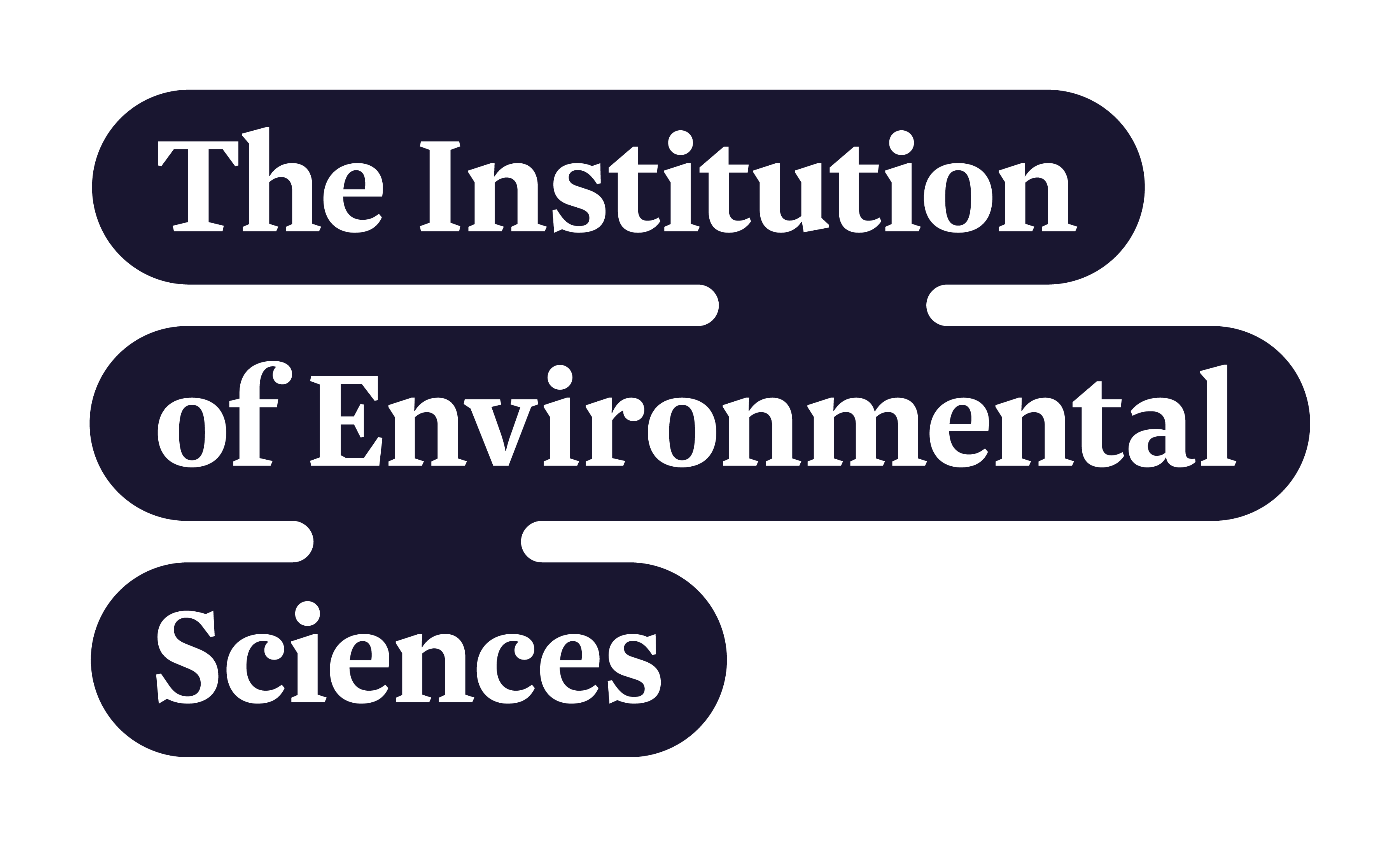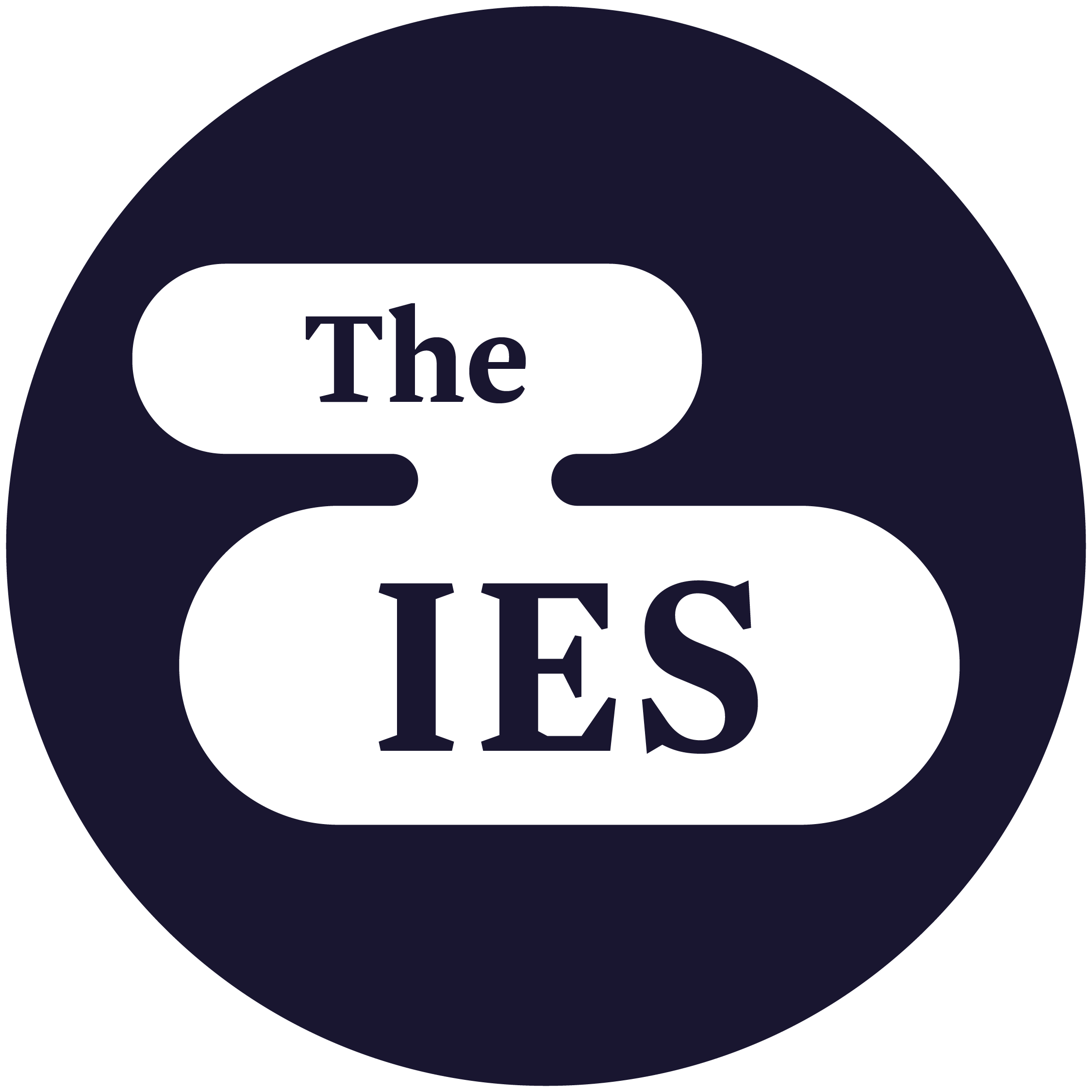Why your CPD reflection has to improve
Continuing Professional Development (CPD) is fundamental to an environmental professional’s career. It offers individuals the opportunity to augment their ability within the workplace by furthering their knowledge of a discipline, demonstrating professional achievements, enhancing career prospects, and increasing job satisfaction. Ensuring the skills of workers within the environmental sector are appropriately maintained is considered part of a ‘duty of care’ to clients, employers and the wider society. This is why all professional members of the IES are required to complete a minimum of 30 hours of CPD per annum, and why it is essential for attaining and sustaining both Chartered Environmentalist and Chartered Scientist designations.
Each year, the IES audit 10% of its CEnv and CSci members through random selection, in line with agreements with the Science Council and the Society for the Environment. Members are provided with guidance on how to record their CPD, and are advised to update their record regularly throughout the year. The feedback from the Audit Panel last year was that the reflective element of the CPD returns was poor across the board and needed to improve in this year's returns.
What is CPD reflection?
Reflective practice is the process by which you analyse your CPD activities. It is how you assess the benefit of the activities to yourself, employers and customers, recognise strengths and weaknesses for self-improvement, and generate further ideas for personal and professional development. CPD reflection encourages you to identify links between development activities and their impacts allowing you to modify actions, behaviour, and learning objectives appropriately. It also prompts recognition of the purpose of each CPD exercise, what you are specifically gaining from them, and areas of potential improvement in the future. Essentially, reflection is about learning from your experiences.
CPD review is integral to refining professional practice and is currently endorsed by various sectors including education, medicine, business and psychology. We believe that the environmental sector would likewise benefit from adopting a reflective approach to CPD as part of its commitment to upholding the standards and importance of the profession, and acting as a catalyst for improvement.
How should CPD reflection be conducted?
For IES members, planning, recording and reflecting on CPD should become instrumental to successful professional development and a routine aspect of working life. But, what methodological approach should professionals take to adequately reflect on their CPD activities? After each task, individuals should ask themselves a series of practical questions to determine the outcome of their CPD activity, such as:
- What have I gained from this exercise?
- Was this activity beneficial to my professional development? Why?
- How will this impact my professional practice and the users of your services?
- What were the positive and negative aspects of this activity?
- Do I have any skills or knowledge gaps that require action within future CPD planning?
The answers to these questions should be recorded in 'Notes and reflection on activity' section of the CPD recording tool. Professionals are also encouraged to reflect on their annual CPD record as a whole to track progress for personal growth. Suitable reflection may involve addressing the following:
- Which activities have been the most and least beneficial to my development?
- Have I achieved my aspirations for development this year?
- Have I progressed in accordance with my career goals? Have my career goals changed at all?
- Have there been any changes in emerging specialisms, technology or legislation that will affect my professional practice?
- What activities do I need to undertake within the next 12 months?
Good reflection is demonstrated through thorough analysis and evaluation of activities, carefully identifying which skills and attributes are required to help you to develop professionally. Writing down any ideas, feelings and observations is an effective method of reflection which should be carried out promptly, and preferably not as an end-of-year task. Our online CPD system makes it easy to update and record activities and reflections throughout the calendar year. Documenting your reflections may seem somewhat alien at first but will undoubtedly help you to monitor your professional growth and to accept responsibility for your development. Other techniques for CPD reflection which you may want to consider include opening a reflective dialogue with experienced colleagues, peers and mentors, producing visual stimuli such as mind maps and sketches, or engaging with online communities and networks.
A note on three year rolling averages
A couple of members have asked about whether we still run the option to average your CPD over three years. We removed this option a few years ago as it wasn't compatible with rules set by the external bodies that hold the registers for our charterships.
This year's CPD submission
Chartered Scientists and Chartered Environmentalists at the IES are required to complete their CPD record for last year before the end of February. Failure to submit a CPD record by this deadline may result in you losing your Chartership. For more information on CPD, please visit our FAQs. If you have any questions, please email info@the-ies.org or call 020 7601 1920.


